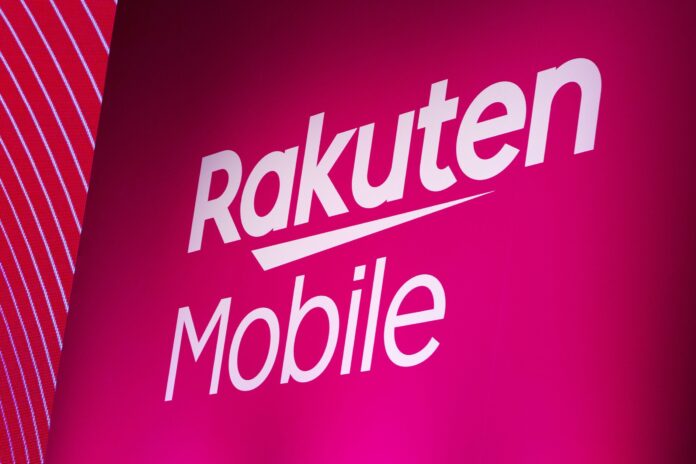Earlier this month, the Japanese communications ministry said that Rakuten Mobile was the only company to apply for the 700 MHz slots during the application period
Japanese mobile operator Rakuten Mobile has received approval from the Minister of Internal Affairs and Communications for its special base station deployment plan to expand mobile services at 700 MHz, also known as the “platinum band.”
In a release, Rakuten Mobile said it had submitted this plan for approval in order to ensure fair competition in Japan and foster the further growth and development of telecommunications networks in the Asian country.
“Based on this approval, Rakuten Mobile will begin building a mobile network utilizing the 700 MHz band in order to provide even higher-quality mobile service to customers. While the dates set forth in the deployment plan take into account timelines for a range of preparations required for operations, preparations are underway with the aim of launching operations as soon as possible. In addition, Rakuten Mobile will leverage its unique network technology and existing base station sites to build out base stations in a cost-efficient and effective manner,” the carrier said.
Earlier this month, the Japanese government said that Rakuten Mobile was the only company to apply for the 700 MHz slots during the application period, according to local press reports.
Spectrum bands in the 700-900 MHz range have better indoor building penetration and enable mobile services indoors and outdoors; in Japan, they are currently allocated to local carriers NTT Docomo, KDDI and SoftBank. Rakuten Mobile has not previously had access to frequencies in that range.
Rakuten Mobile has said that the number of subscribers for its mobile carrier service surpassed 5 million as of August 28, 2023.
Rakuten Mobile previously said its spectrum in the so-called platinum band (800/900 MHz) will enable the company to boost 5G coverage in 2024 by making use of existing assets.
Earlier this year, Rakuten Mobile signed a new three-year roaming agreement with rival operator KDDI and its subsidiary, Okinawa Cellular.
Rakuten Mobile said the new roaming deal includes areas not covered by a previous roaming agreement, including high-traffic shopping districts in Tokyo’s 23 wards as well as the cities of Osaka and Nagoya.
Under the terms of the deal, KDDI will continue to provide roaming services for select indoor locations such as subways, underground shopping centers, tunnels and other indoor facilities and rural areas. The new roaming agreement was effective as of June 2023 and extends to September 2026.
The telcos said the new agreement replaces a deal announced in 2018, running to March 2026.
In September 2020, Rakuten Mobile had launched 5G services in parts of Tokyo, Kanagawa, Saitama, Hokkaido, Osaka and Hyogo. The service was initially offered via Non-Stand Alone (NSA) 5G architecture. The operator had a total of 7,058 outdoor 5G base stations in operation as of the end of last year.

